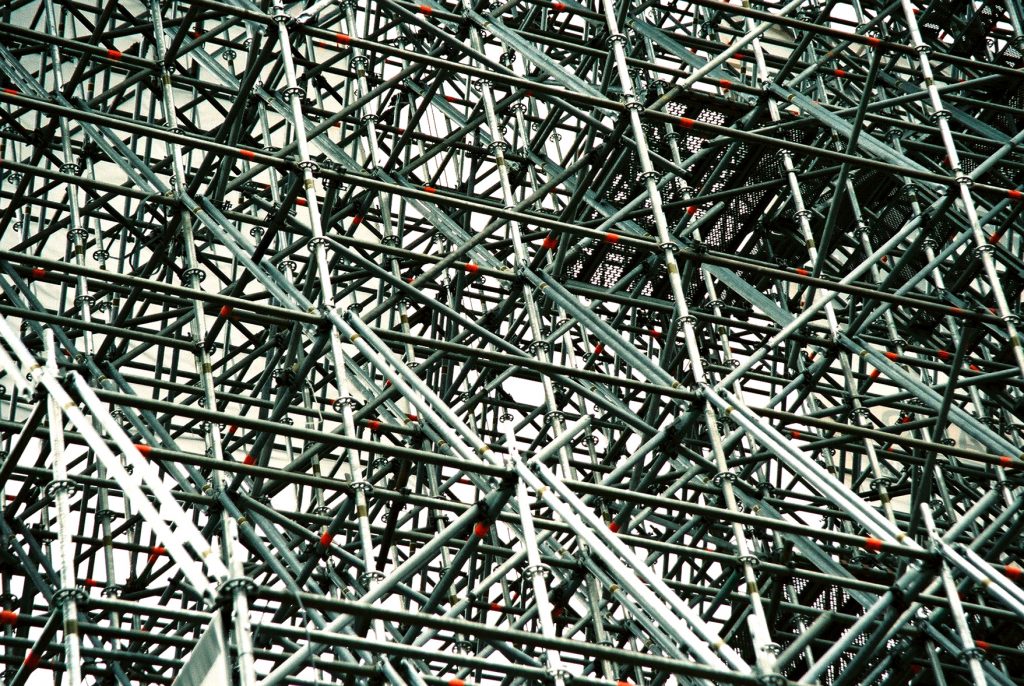 When you pay for a home to be built, it can be a stressful experience. That experience becomes even more stressful when you have fully paid for the construction of that home and the contractor ceases construction without even completing half of the construction. In such a situation, it takes an excellent lawyer to figure out who exactly is at fault for the failure to complete the job and how to get the money already paid back from the contractors.
When you pay for a home to be built, it can be a stressful experience. That experience becomes even more stressful when you have fully paid for the construction of that home and the contractor ceases construction without even completing half of the construction. In such a situation, it takes an excellent lawyer to figure out who exactly is at fault for the failure to complete the job and how to get the money already paid back from the contractors.
Vernon Nicholas found himself in just such a situation when he paid for a house to be built in Ascension Parish, Louisiana and the builders stopped building after completing only approximately forty percent of the full construction project. They refused to complete the project or pay Mr. Nicholas back even though he had paid for the entire house to be completed. Luckily, Mr. Nicholas obtained a good attorney and was able to obtain a judgment against both the construction company, BBT Construction, and its manager, Ahmed Trench, individually despite the fact that neither showed up for the trial. Following an appeal by Mr. Trench contesting his individual liability, the Louisiana First Circuit Court of Appeal affirmed the trial court’s ruling.
Mr. Nicholas hired BBT to build his home and Mr. Trench signed the contract as the manager. Mr. Nicholas paid $332,418 upfront to BBT, which was the entire amount of the contract for the home. He also paid an additional $3,515 upfront for design fees. BBT completed about forty percent of the house before ceasing construction and refusing to complete the rest of the job. Having no other alternative, Mr. Nicholas filed a lawsuit to recover damages, costs and other expenses based upon the breach of contract and asserting unjust enrichment in failing to pay back the money taken for the full job. The contractors even refused to fix alleged defects in the construction.
 Louisiana Personal Injury Lawyer Blog
Louisiana Personal Injury Lawyer Blog


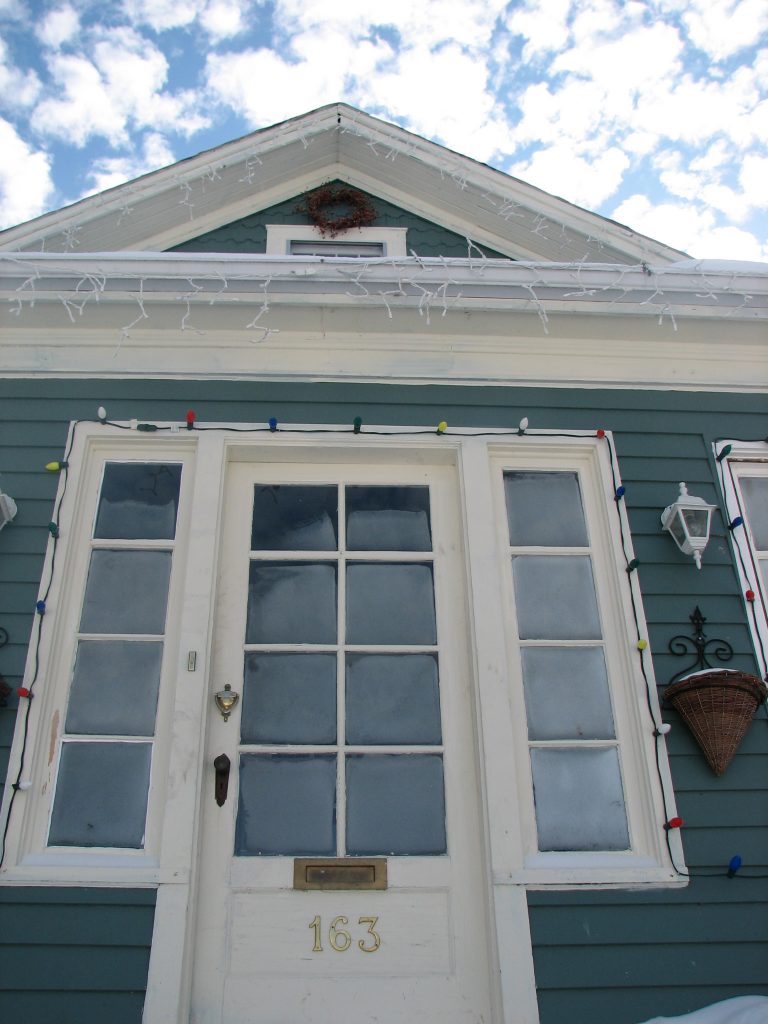 It can be complex to determine the superiority of claims when a piece of property has a mortgage and various judgments against it. Superiority of claims means the order in which money is to be paid to different parties who are all owed money from the property or individual who owns it. Most people want their claim to be deemed more superior than others because it can help them receive money from the property before someone else, which is especially important in cases where there is a limited fund of money.
It can be complex to determine the superiority of claims when a piece of property has a mortgage and various judgments against it. Superiority of claims means the order in which money is to be paid to different parties who are all owed money from the property or individual who owns it. Most people want their claim to be deemed more superior than others because it can help them receive money from the property before someone else, which is especially important in cases where there is a limited fund of money. Employers have a duty to provide their workers with reasonably safe working conditions. Whistleblower statutes protect employees from retaliation when they report violations of this duty. However, not every imperfection constitutes an unreasonable danger.
Employers have a duty to provide their workers with reasonably safe working conditions. Whistleblower statutes protect employees from retaliation when they report violations of this duty. However, not every imperfection constitutes an unreasonable danger. 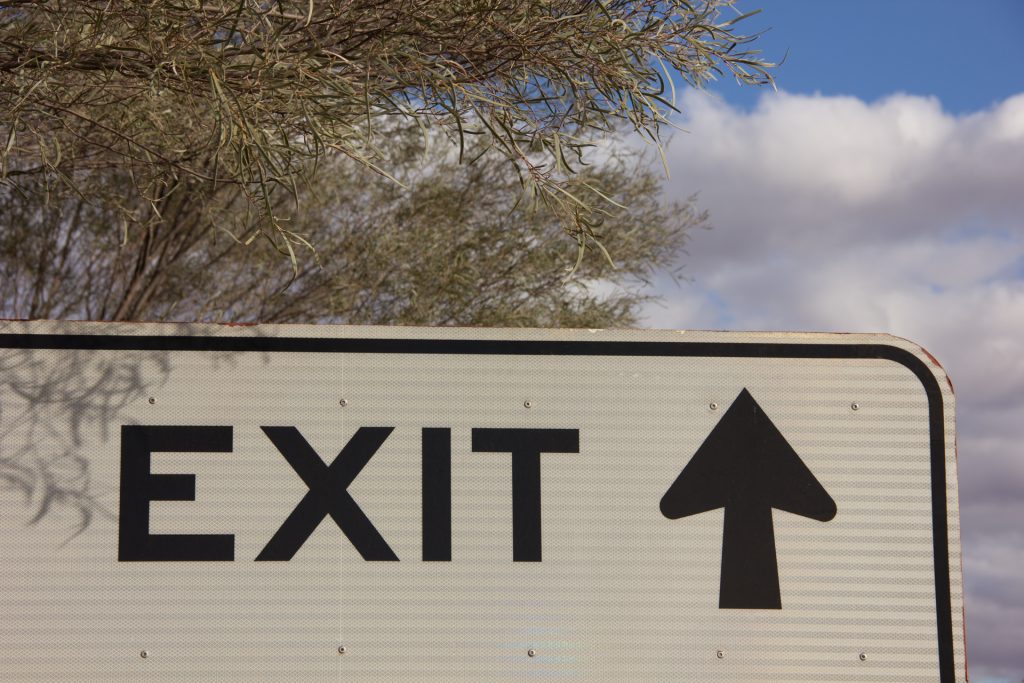 Usually when you hear the phrase “adverse employment action,” it brings to mind actions such as being demoted or fired. However, under certain circumstances, it can extend to more unique actions. This includes refusing to accept an employee’s rescission of resignation.
Usually when you hear the phrase “adverse employment action,” it brings to mind actions such as being demoted or fired. However, under certain circumstances, it can extend to more unique actions. This includes refusing to accept an employee’s rescission of resignation.  If you are at school or work and notice several people who are soaking wet and wearing rain jackets, you would not have to be a detective or even a good lawyer to confidently make the judgment that it’s raining outside. Similarly, the legal concept of summary judgment used by courts is when the undisputed facts surrounding a claim lead to a court concluding the lawsuit as a matter of law, not facts. When that concept is applied to only certain elements or portions of a case or claim, it is called partial summary judgment. Partial summary judgment and its effects were of primary importance for a Baton Rouge, Louisiana, woman’s case.
If you are at school or work and notice several people who are soaking wet and wearing rain jackets, you would not have to be a detective or even a good lawyer to confidently make the judgment that it’s raining outside. Similarly, the legal concept of summary judgment used by courts is when the undisputed facts surrounding a claim lead to a court concluding the lawsuit as a matter of law, not facts. When that concept is applied to only certain elements or portions of a case or claim, it is called partial summary judgment. Partial summary judgment and its effects were of primary importance for a Baton Rouge, Louisiana, woman’s case. Double jeopardy is not a television marathon featuring Alex Trebek, but protection against it is fundamental to the United States legal system. In the criminal justice system, double jeopardy means being put on trial for the same charge twice; the Fifth Amendment to the United States Constitution bans it.
Double jeopardy is not a television marathon featuring Alex Trebek, but protection against it is fundamental to the United States legal system. In the criminal justice system, double jeopardy means being put on trial for the same charge twice; the Fifth Amendment to the United States Constitution bans it.  One bad decision can lead to a huge legal headache. The combination of a chaotic atmosphere and alcohol makes bars the perfect storm for mistakes that can later lead to huge liability. In a recent case, a man who punched another patron at a Tangipahoa Parish bar appealed a default judgment that awarded the victim over $100,000 dollars for personal injury damages and medical expenses.
One bad decision can lead to a huge legal headache. The combination of a chaotic atmosphere and alcohol makes bars the perfect storm for mistakes that can later lead to huge liability. In a recent case, a man who punched another patron at a Tangipahoa Parish bar appealed a default judgment that awarded the victim over $100,000 dollars for personal injury damages and medical expenses. Determining liability when someone is injured on someone else’s property is a complex endeavor. One of the major factors is determining whether the injury resulted from an unreasonably dangerous condition.
Determining liability when someone is injured on someone else’s property is a complex endeavor. One of the major factors is determining whether the injury resulted from an unreasonably dangerous condition. 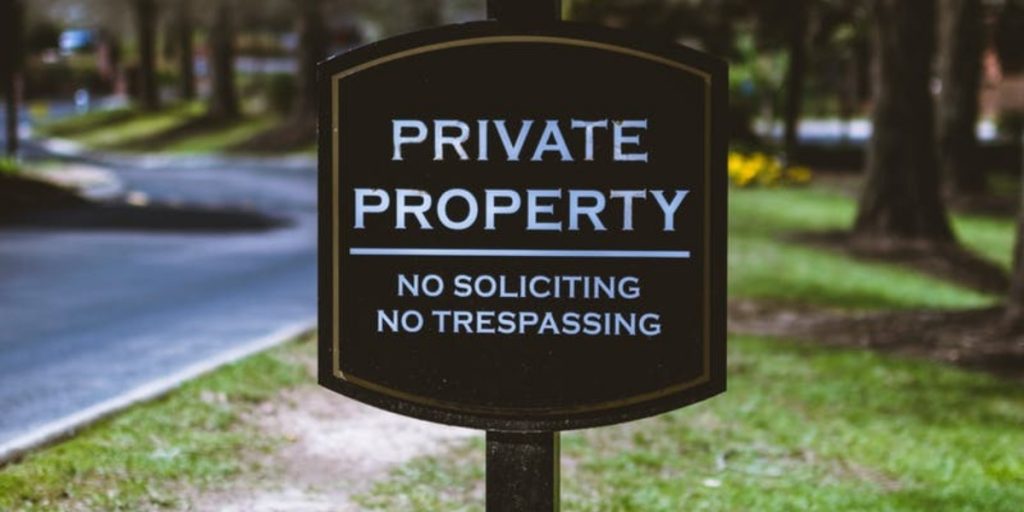 Zoning issues can seemingly arise out of nowhere and affect the way you choose to use your property. It is important to stay up to date with local zoning ordinances and have a good lawyer to guide you with upcoming projects or changes that may be affected. It is equally important to also be aware of what happens when zoning changes do affect, and even cancel, these projects. The Fifth Circuit Court of Appeal for the State of Louisiana addressed this issue when a Terrytown, Louisiana property was rezoned by the Jefferson Parish Council on December 12, 2007.
Zoning issues can seemingly arise out of nowhere and affect the way you choose to use your property. It is important to stay up to date with local zoning ordinances and have a good lawyer to guide you with upcoming projects or changes that may be affected. It is equally important to also be aware of what happens when zoning changes do affect, and even cancel, these projects. The Fifth Circuit Court of Appeal for the State of Louisiana addressed this issue when a Terrytown, Louisiana property was rezoned by the Jefferson Parish Council on December 12, 2007.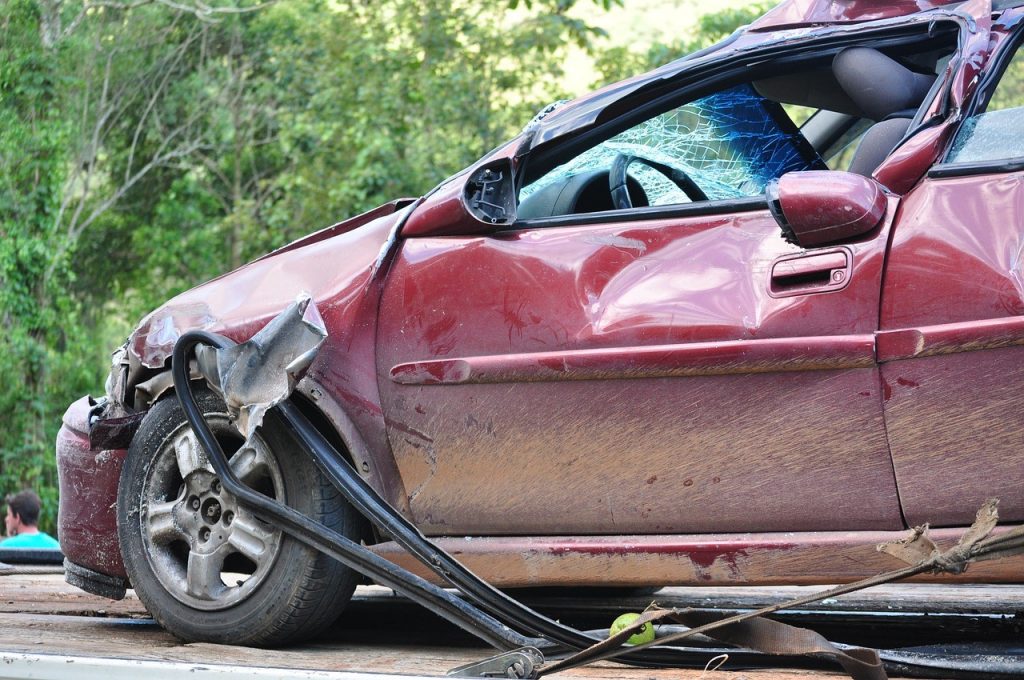 The loss of loved ones is never easy, especially when they are taken away in sudden, unexpected ways. Though there is no dollar value that can replace human beings, monetary damages are a form of recovery in cases of wrongful death. Sometimes the steps to that recovery can be difficult, especially when insurance is involved. This issue was explored in a wrongful death action brought to the Twenty-Ninth Judicial District Court in St. Charles Parish.
The loss of loved ones is never easy, especially when they are taken away in sudden, unexpected ways. Though there is no dollar value that can replace human beings, monetary damages are a form of recovery in cases of wrongful death. Sometimes the steps to that recovery can be difficult, especially when insurance is involved. This issue was explored in a wrongful death action brought to the Twenty-Ninth Judicial District Court in St. Charles Parish.